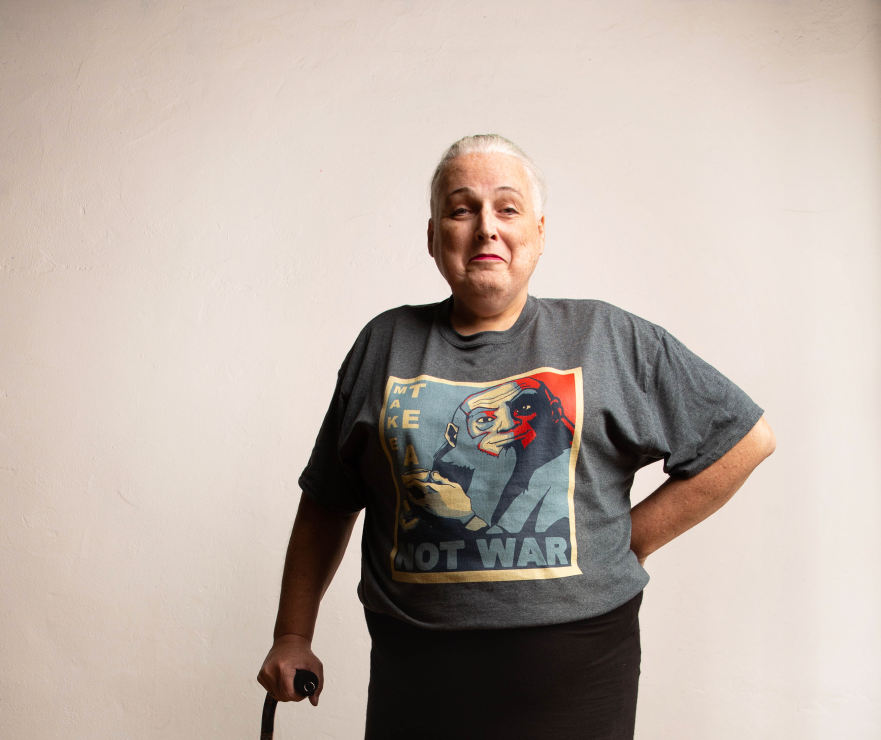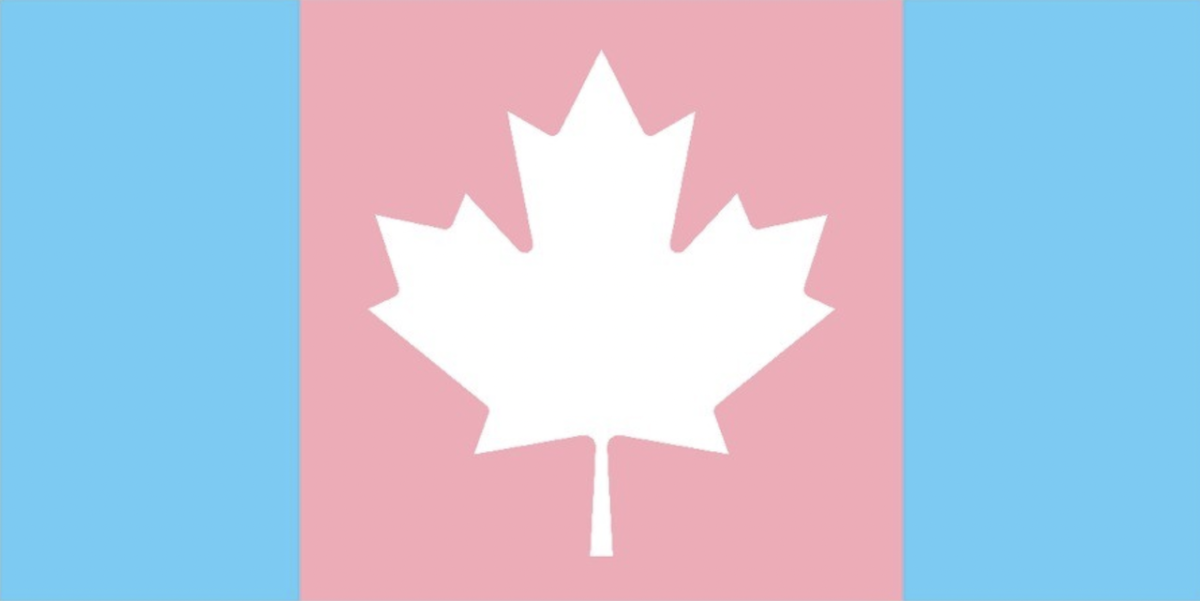A closer look at the 44th parliament’s most-signed petition to date

Cait Glasson, photo by Baz Kanold.
On Jan. 26, Petition e-4268 was posted on the House of Commons website. To warrant acknowledgement by the government, the petition would need 500 signatures — a milestone it passed within the first couple hours of going live.
Petition e-4268 is a citizenship and immigration petition aimed at lobbying the House of Commons to provide transgender and nonbinary people with the right to claim asylum in Canada because of eliminationist laws in their home countries, regardless of where they are from.
Its social relevance has picked up since it was initiated, with many Canadians taking to social media to share the petition and show their support. One user shared a post urging followers to sign e-4268 with the caption, “I’m so tired of this shit, man. Waking up every day to some new bill or law meant to strip us of our rights and dignity. It’s beyond frustrating. Beyond exhausting.”
MP Mike Morrice is the Ontario parliamentarian who is backing Petition e-4268.
“The more widely we communicate to any level of government that there’s support for a particular campaign or call to action, that’s how we put pressure on [the] government to act,” said Morrice in an interview with the Martlet.
Once the petition closes on May 26, Morrice will have the opportunity to present the petition on the floor of the House of Commons, after which the Government of Canada will have forty-five working days to officially respond to the petition.
“I’ll be looking for the earliest opportunity the week of May 29,” Morrice said.
Despite being the MP to back the petition, Morrice’s involvement mostly consists of publicly bolstering the work of those in his community.
“Certainly I support the call of the petition. Absolutely. But, for me, it’s really important to highlight the advocates on the ground who are doing the work.”
The primary advocate, in this case, is Cait Glasson, an activist for queer and trans communities in Waterloo, Ontario. Glasson is the creator of Petition e-4268.
“What inspired me [to create the petition] was looking at the number of anti-trans bills being passed in the states,” said Glasson. “I wonder[ed] if Canada could be of some help here because we have protection in the charter of rights, which very few other countries have.”

Graphic by Alyssa Parent (@moonlitallie on Instagram).
Bills concerning transgender rights in the United States are continuously proposed and passed, some of the latest ones within the past month.
On March 2, a first-of-its-kind bill was passed into law in Tennessee that restricts drag performances in the state. It will take effect July 1.
March 6 marked the day that Florida Senate Bill 254 was discussed for the first time. If this bill is passed, it would mean that Florida courts sustain the power to change parental custody rights if a child seeks gender-affirming care.
Canadian immigration legislation includes an agreement with the United States called the Safe Third Country (STC) agreement, which means that, in most cases, in order to make an asylum claim, you cannot currently reside in an STC.
The government of Canada website states that “Only countries that respect human rights and offer a high degree of protection to asylum seekers may be designated as safe third countries. To date, the United States is the only designated safe third country.”
The petition contends the STC agreement should be suspended, since the United States is no longer a safe country for trans people. The petition argues that, instead of relying on the STC agreement, the criteria for national asylum claims should be amended in order to provide safe Canadian residency to trans and nonbinary citizens regardless of where they live.
In order for a petition to be presented on the floor of the House of Commons it needs 500 signatures. According to Cait, “once you break the 500 mark, what you’re doing then is competing for attention.”
“The biggest petition to date in this parliament was an anti-vax petition that got 42 000 signatures or something like that. I’m hoping that we will get enough signatures to get past that, and be the biggest petition presented in this parliament, because Canadians care about this.”
At the time of Glasson’s interview with the Martlet, the petition had around 30 000 signatures, but it has since surpassed 130 000, officially making it the biggest petition to date in the 44th parliament.
According to Glasson, the more signatures the petition receives, the harder it will be for the government to turn it down. She explains that every signature marks a valuable potential voter, and thus, the more people that sign, the more seriously the government might take the petition.
Petition e-4268 has been a success, and a shining show of support from Canadian citizens for transgender and nonbinary people, but only time will tell how the petition will fare when it is presented in parliament.







